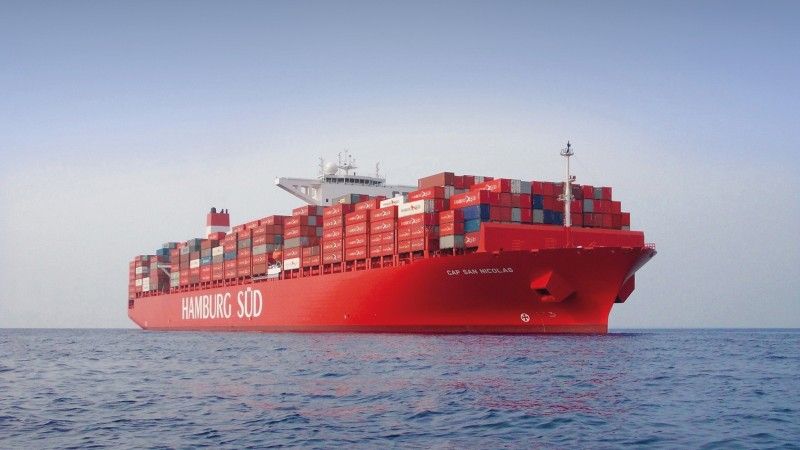Imports of transportation services to Mexico broke a record in the third quarter of 2022, at US$6,645.3 million.
International transportation can be provided by companies established in Mexico, even if they are foreign-owned (majority).
International transportation is also governed by international agreements signed by Mexico.
Mexico has agreements containing provisions on road transportation with Canada, the United States and Guatemala.
Cabotage, in terms of land transportation, is not allowed.
For international freight, the railroad system is used to import agricultural products (mainly corn) and containerized cargo, and to export automobiles and beer.
According to the Sector Program for Communications and Transportation 2020-2024, Mexico wants to promote the use of the train to reduce economic and environmental costs.
Transportation services
Foreign participation in rail services and infrastructure (where general railways are involved) is still limited to 49%, but foreigners may increase their participation, even up to 100%, if they obtain approval from the National Foreign Investment Commission (CNIE); according to the authorities, the CNIE has authorized FDI to exceed 49% only in construction projects.
Rail freight rates are not regulated. However, in 2020, the Federal Economic Competition Commission (Cofece) determined that there was a lack of effective competition in the transportation of chemicals on 20 routes in the state of Veracruz. As such in 2020 the Rail Transportation Regulatory Agency (ARTF) began regulating the rates of the operators providing the service on the designated routes; this measure is still in effect.
The previous historical maximum in transportation imports to Mexico for a quarter occurred from April to June 2022, when they totaled 6,240.1 million dollars, according to data from the Bank of Mexico (Banxico).
Transportation services include passenger, freight and other transportation services provided by residents of one economy to residents of another economy.
Logistics
In general, transportation is classified by mode (i.e., sea, air or other, which includes rail, road, inland waterways, pipelines, space transportation and electric power transmission).
Estas categorías suelen dividirse según lo que se transporta: pasajeros o carga.
También incluyen servicios auxiliares relacionados, como el correo y mensajería.
Según datos de la OMC, las importaciones mexicanas de servicios de transporte siguieron esta secuencia en millones de dólares: 15,699 en 2018, 14,572 en 2019, 11,101 en 2020 y 18,553 en 2021.
De enero a septiembre de este año, las importaciones sumaron ya 18,336.4 millones de dólares.

